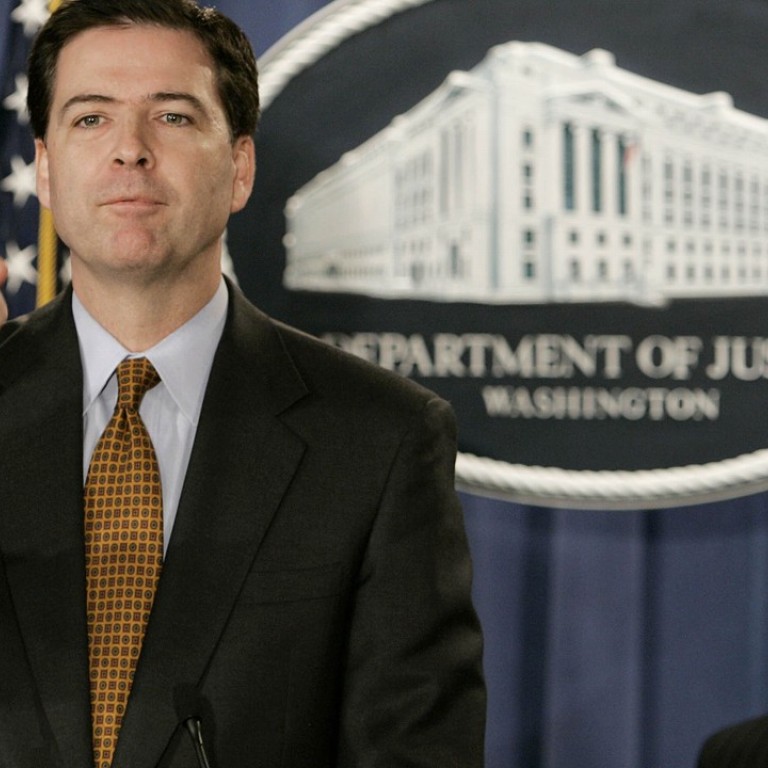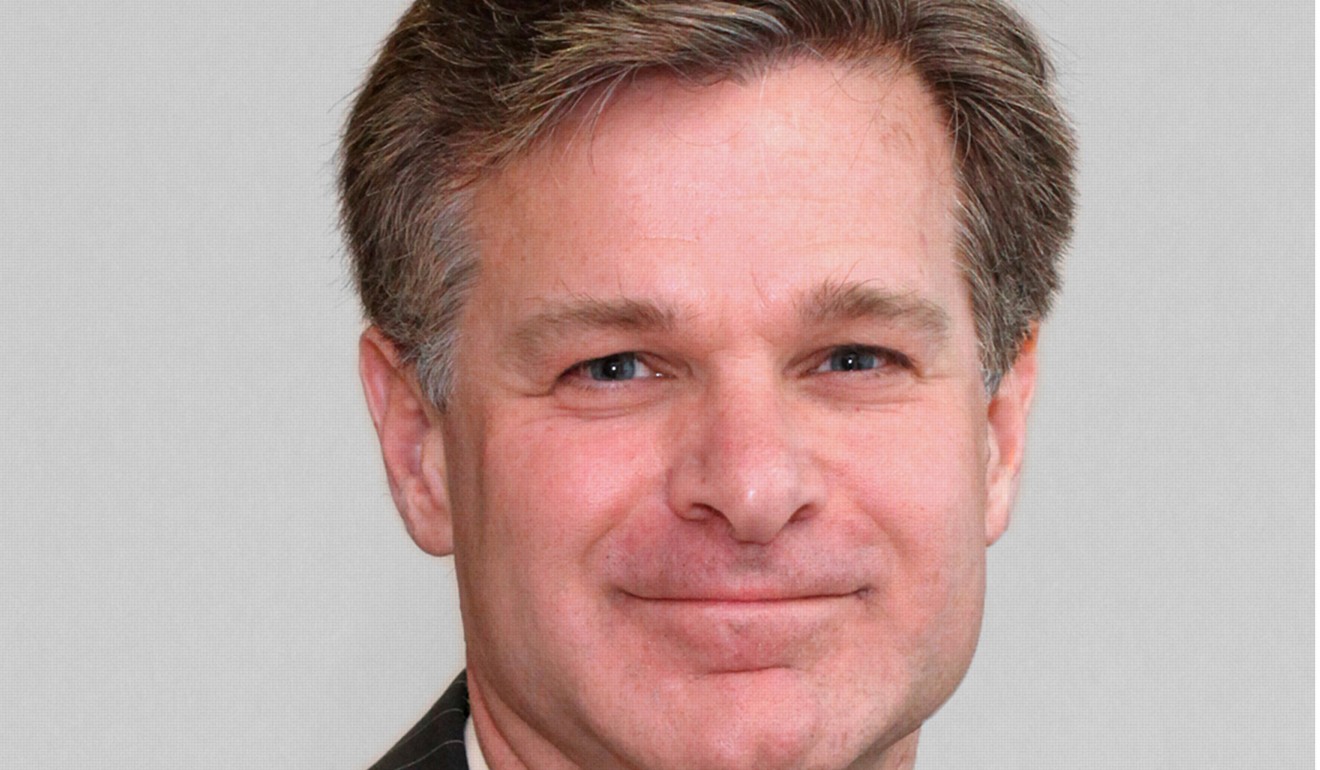
Who is Christopher Wray, the criminal lawyer picked by Trump as the next FBI chief?
Tapped on Wednesday by Donald Trump as the new head of the FBI, Christopher Wray is a high-flying criminal lawyer who represented Trump ally Chris Christie in a New Jersey political scandal and once worked under fired FBI director James Comey.
If confirmed by the Senate to a 10-year term as the bureau’s director, Wray will succeed Comey who was abruptly sacked by the US president one month ago.
His first challenge will be to reassure the more than 30,000 employees of the FBI of his commitment to their independence - and second to convince the wider public that the century-old institution will stand up, if need be, to the White House.
In announcing his choice on Twitter early Wednesday, Trump touted the former federal prosecutor as “a man of impeccable credentials.”
“It is a great honour to be selected by the president to return to the Department of Justice as Director of the FBI,” Wray said in a White House statement announcing the pick.
“I look forward to serving the American people with integrity as the leader of what I know firsthand to be an extraordinary group of men and women who have dedicated their careers to protecting this country.”

From a political standpoint, Wray is an uncontroversial pick - avoiding any suggestion that Trump is seeking to exert control over the FBI, in the wake of his bombshell dismissal of Comey, and allegations he sought to interfere with the FBI’s Russia probe.
In any event, Wray will have limited power to influence the agency’s Russia investigation, which was placed in the hands of an independent prosecutor - former FBI director Robert Mueller - following Comey’s dismissal.
Matthew Miller, a former Justice Department spokesman, described him as “probably the best choice from the WH short list.”
“His record in the Bush DOJ deserves scrutiny, but he’s a serious, respectable pick,” Miller tweeted.
From 2003 to 2005, under president George W. Bush, Wray served as assistant attorney general in charge of the Justice Department’s criminal division working closely with the FBI.
During his time in the Justice Department, he worked directly under Comey’s orders, and is believed to have provided him with key support during one his toughest showdowns, in 2004.
At the time, Comey was acting attorney general due to the illness of his boss John Ashcroft.
At Ashcroft’s bedside, Bush’s presidential counsel, Alberto Gonzales, was trying to persuade him to reauthorise a controversial warrantless eavesdropping program.
Comey - who was against extending the program - at one point offered to resign in protest. Wray had assured him of his loyalty amid the standoff.
At the Justice Department, Wray helped handle corporate fraud scandals, served on Bush’s task force on corporate fraud and oversaw major fraud investigations including that of energy giant Enron.
He also played a key role in coordinating the agency’s response to the September 11, 2001 attacks.
Since leaving the Justice Department, Wray has specialised in white collar civil and criminal cases as a partner at King & Spalding law firm in Washington and Atlanta.
He most notably represented Christie, the New Jersey governor, in the 2013 scandal over the closure of a key bridge intended to hurt Christie’s political rivals.
At King & Spalding, the Yale Law School graduate chairs a unit specialising in white collar criminal and regulatory enforcement issues, civil litigation and internal corporate investigations, according to the law firm’s website.
He was born in New York in 1967 into a family of lawyers, and graduated in 1992 from Yale, where he was executive editor of the Yale Law Journal.

.png?itok=arIb17P0)